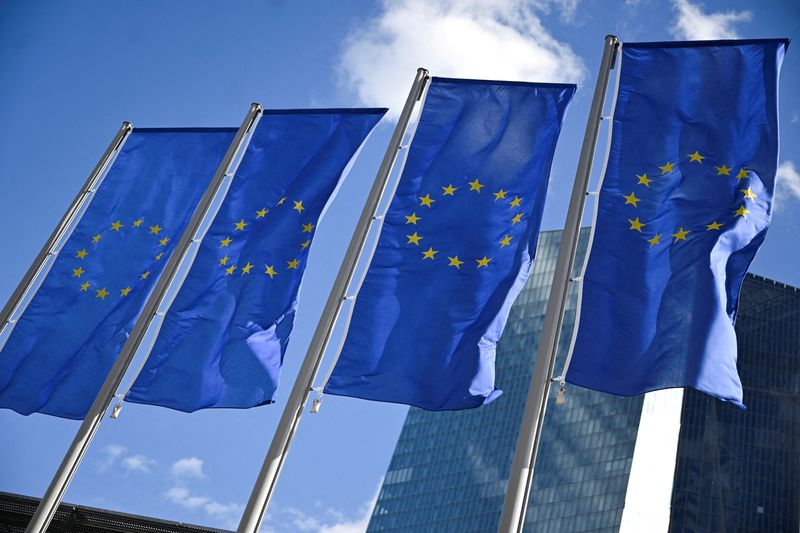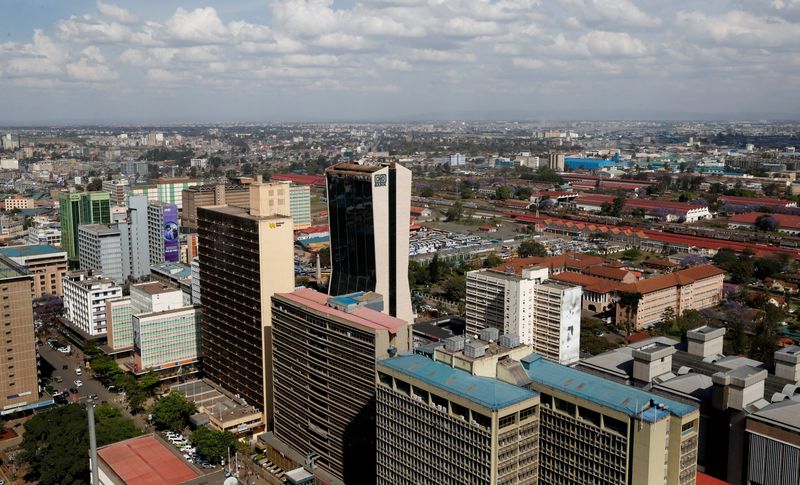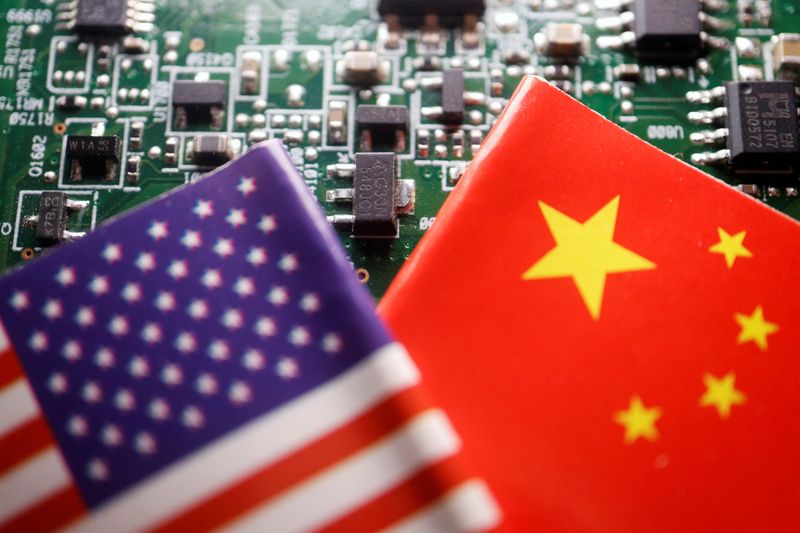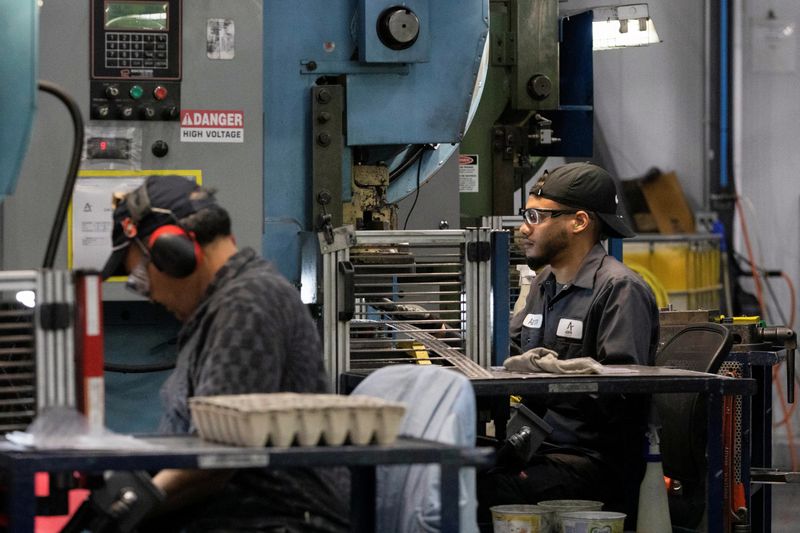By Yuka Obayashi
TOKYO (Reuters) – Oil prices rose on Thursday ahead of an OPEC+ meeting later in the day, with investors waiting to see what the producer group would do next on supply cuts while also monitoring tension in the Middle East.
Brent crude futures climbed 12 cents, or 0.2%, to $72.43 a barrel by 0103 GMT while U.S. crude futures were at $68.70 a barrel, up 16 cents, or 0.2%.
Both benchmarks fell nearly 2% on Wednesday.
The Organization of the Petroleum Exporting Countries and its allies in OPEC+ are likely to extend their latest round of oil production cuts by at least three months from January when it meets online at 1100 GMT on Thursday, OPEC+ sources told Reuters, to provide additional support for the oil market.
OPEC+ has been looking to phase out supply cuts through next year.
“Market participants are closely watching to see if OPEC+ will focus on bolstering prices by extending production cuts, or opt to defend its share of the global crude oil market by easing those cuts,” said Satoru Yoshida, a commodity analyst with Rakuten Securities.
“The OPEC+ decision may prompt a short-term reaction, but the oil market is likely to rise by year-end on expectations of a U.S. economic recovery under the Trump administration and ongoing Middle East tensions,” he said.
A larger-than-expected draw in U.S. crude stockpiles last week also provided some support to prices.
U.S. crude stocks fell more than expected last week as refiners ramped up operations, the Energy Information Administration (EIA) said. Gasoline and distillate stockpiles rose by more than expected during the week.
In the Middle East, Lebanon’s Hezbollah has been significantly degraded militarily by Israel, but the Iran-backed group will likely try to rebuild its stockpiles and forces and pose a long-term threat to the U.S. and its regional allies, four sources briefed on updated U.S. intelligence told Reuters.
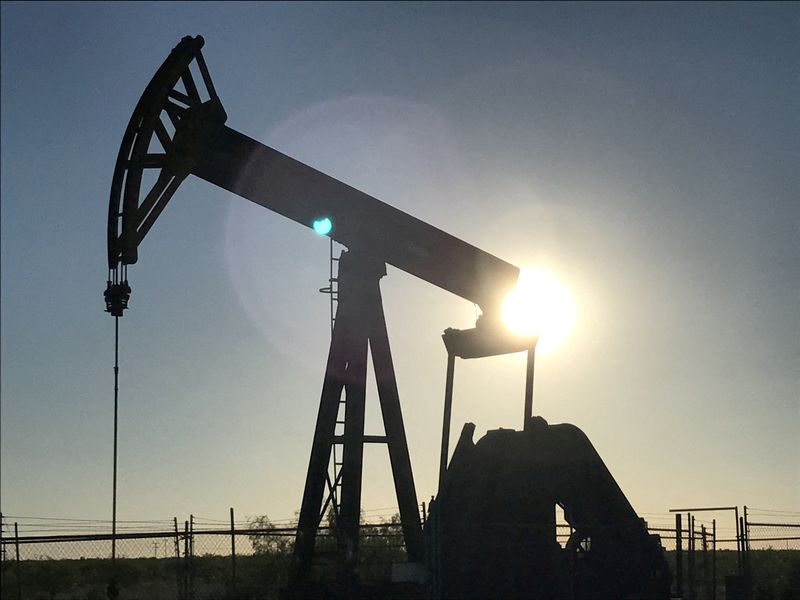
Israel said on Tuesday it would return to war with Hezbollah if their truce collapses and that its attacks would go deeper into Lebanon and target the state itself.
Meanwhile, Donald Trump’s Middle East envoy has travelled to Qatar and Israel to kickstart the U.S. president-elect’s diplomatic push to help reach a Gaza ceasefire and hostage release deal before he takes office on Jan. 20, a source briefed on the talks told Reuters.


